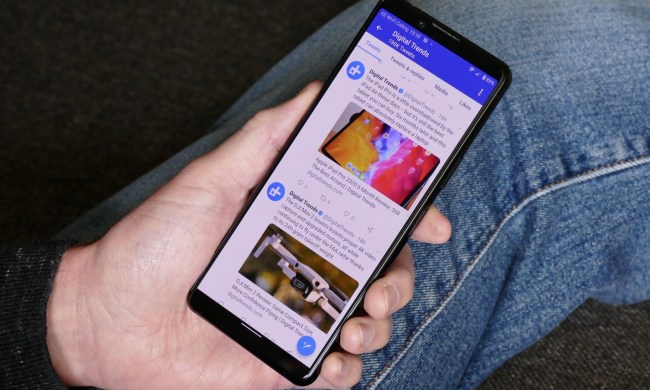President Donald Trump signed an executive order on Thursday that seeks to remove the protections of Section 230 of the Communications Decency Act, making social networks and internet services responsible for what people post on their platforms.
Even with an executive order, a fundamental change to Section 230 is far away. The Federal Trade Commission (FTC) or Federal Communications Commission (FCC) would need to approve new interpretations of the clause and take new enforcement actions to give it teeth, and it would require congressional approval. But, the tech industry is still wary of what a world would look like without Section 230’s protections.
‘Chilling’ free speech
Daniel Castro, the vice president of the Information Technology and Innovation Foundation, a nonprofit that focuses on public policy and technological innovation, said internet giants losing their Section 230 protections would have troubling effects.
“The long-term impact of such retaliatory policies would be a chilling of free speech online, especially counter-speech, a rise in disinformation, and a decline in innovative social media platforms,” Castro said.
We would have a very different version of social media as we know it today if Section 230 were to be removed, agreed John Bergmayer, the Legal Director at Public Knowledge, a nonprofit that promotes freedom of expression.
Bergmayer said there are two likely outcomes in a world without Section 230. The first would allow social networks to be an unmoderated free-for-all, making them unusable. The second would be an overly-moderated platform, which would also make them unusable.
In theory, live-tweeting would become all but impossible, since Twitter moderators would have to look at each tweet before it is published, he said.
The same goes for every Facebook post or YouTube video; human beings or algorithms would have to review them before they go public. With billions of users and posts, that’s an enormous — if not impossible — task.
“There’s just such a volume of posts on social networks that the idea of a human editor judging everything before running it is just not possible,” Bergmayer said.
Still, there have been bipartisan calls to look into regulating social media’s influence. With the internet dominated by big tech companies like Facebook, Google, and Twitter, some argue it’s time to rethink how much power these platforms have.
“Now that social networks are so powerful, with that power comes responsibility,” said Zohar Levkovitz, CEO of anti-toxicity company L1ght. “Social networks are the only product we are consuming where no one is liable for our safety,” he said.
Bergmayer agrees that social media networks have too much power, but said that government regulation in the form of Trump’s executive order isn’t the answer.
“If we limit to having the government decide whether or not you’ve made a subjective judgment call on a comment or post, it’s not a feasible enterprise for anyone,” Bergmayer said.



